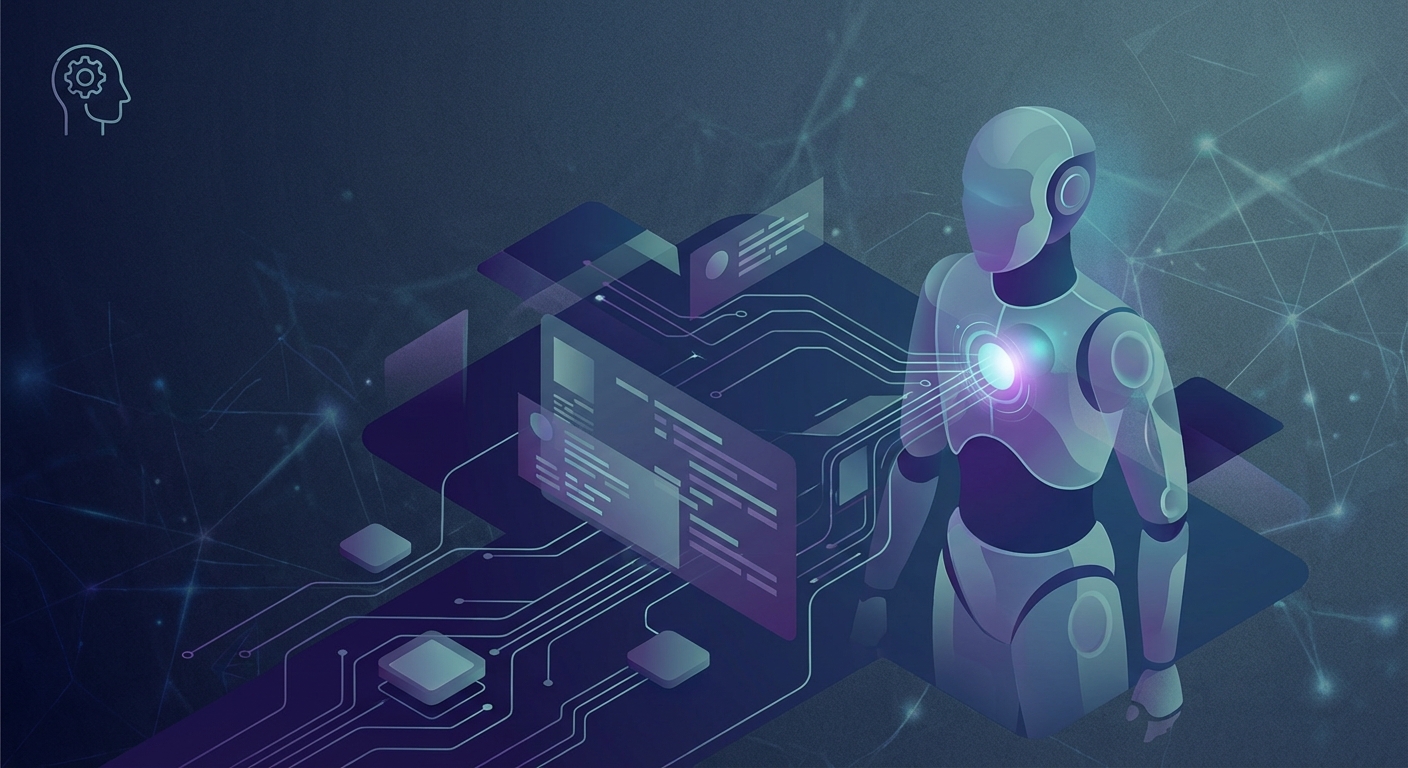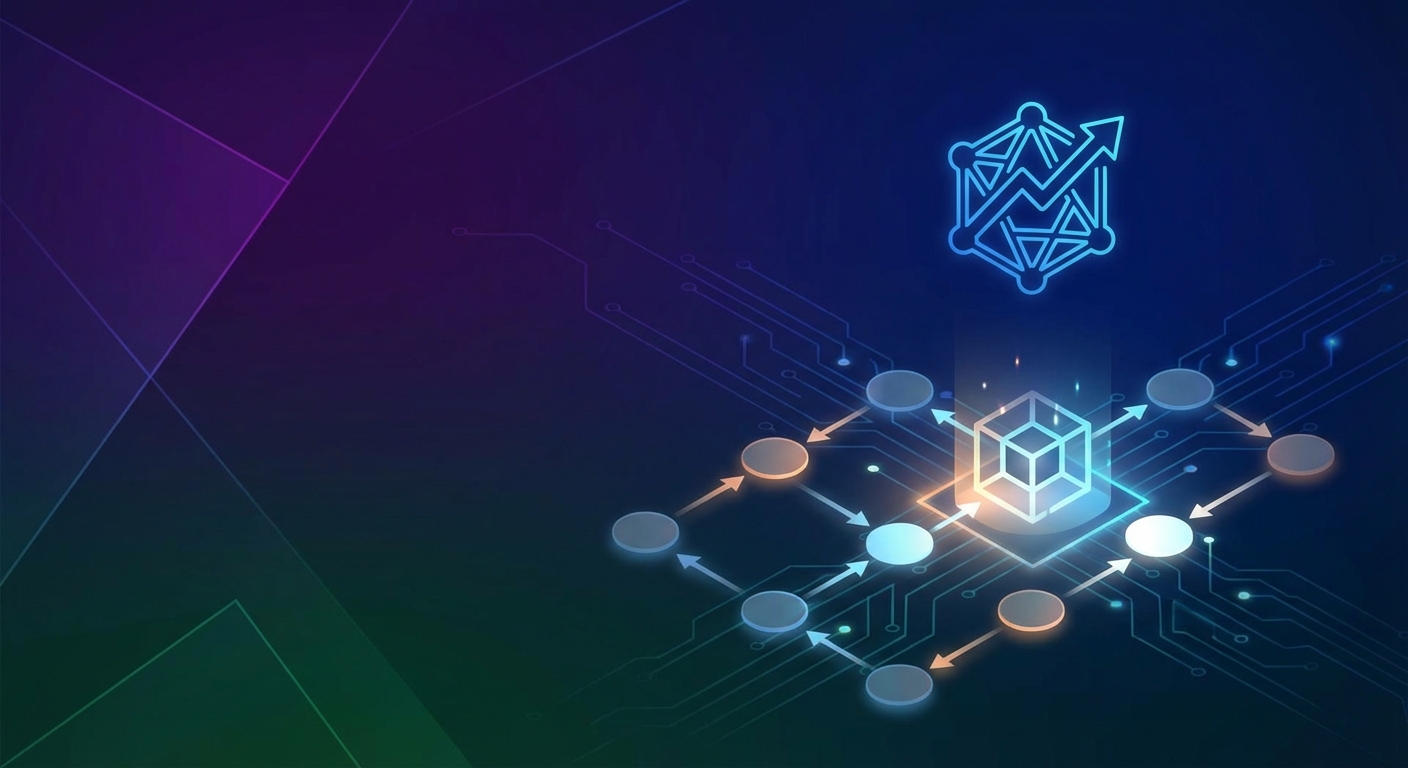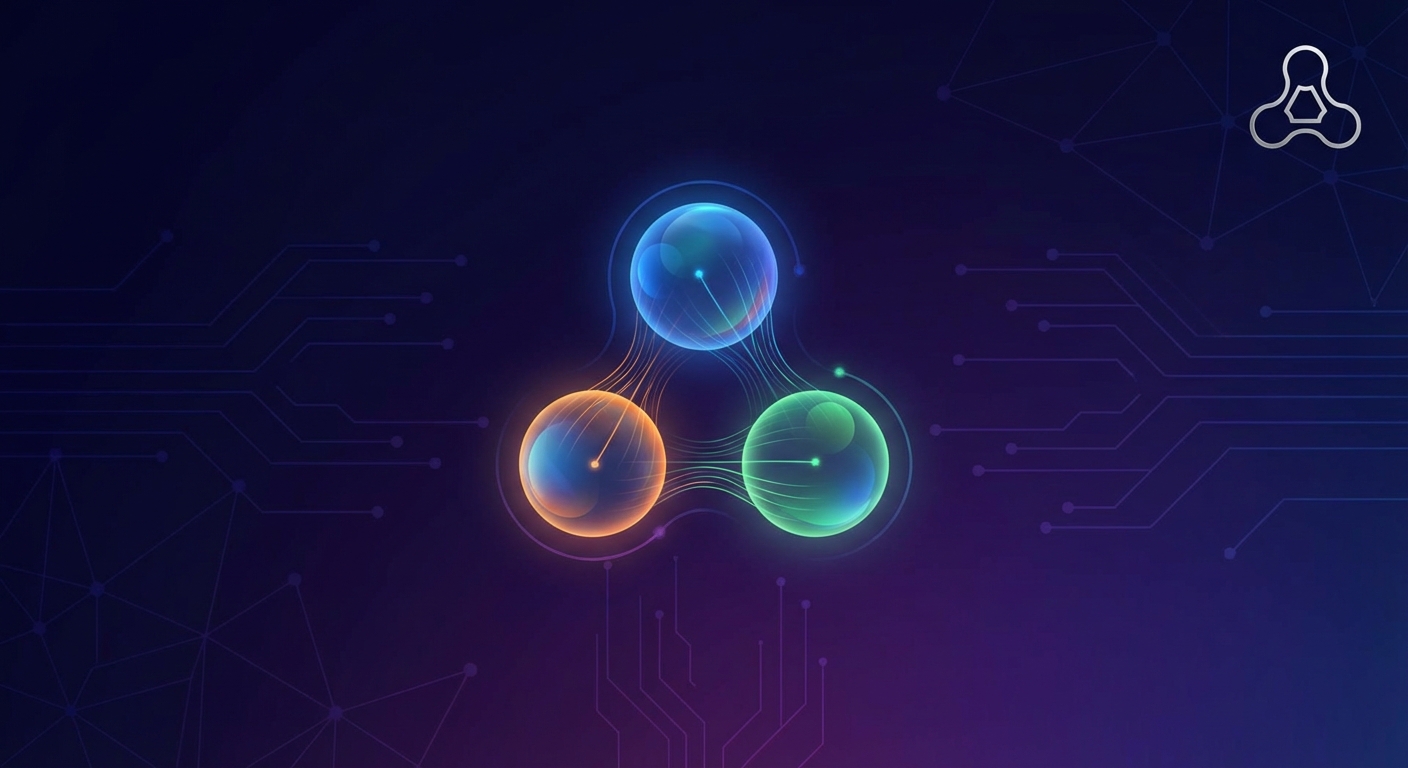Key Players in the AI Agent Landscape
TL;DR
- This article dives into the exciting world of AI agents, covering whats driving their growth and the different layers that make up the AI landscape. We'll explore the major players in each layer—from infrastructure to applications—and highlight how they're shaping business automation and digital transformation. Get ready to navigate this evolving field and understand who's who in ai agents.
Introduction: The Rise of AI Agents
Okay, so ai agents, huh? Feels like just yesterday we were all trying to figure out what "the metaverse" even was. Now this!
- ai agents are basically autonomous systems. They're designed to make decisions and interact with their environment. Think less clunky chatbot, more a digital worker actually getting stuff done.
- They're not just fancy llms. Abhishek Arora notes that unlike traditional ai models, ai agents combine reasoning, planning, and interaction to achieve broader goals.
- And yeah, they're kinda important for business automation. ai agents can handle complex problems with less human intervention.
Think about it: instead of a static ai model that only does customer service, an ai agent could handle everything from initial contact to resolving issues and even suggesting product improvements. That's a totally different ballgame.
So, what's next? Well, let’s dive into who's actually building these things.
Understanding the AI Agent Landscape: A Layered Approach
It's funny, people still think of AI as just one thing, like a chatbot or a fancy image generator. But it's so much bigger than that, and ai agents are, well, agents of change.
- This layer’s all about taking those pre-built AI models and making them useful. Think of it as the bridge between raw ai power and actual applications.
- AI platforms offer tools and infrastructure. They help manage, tweak, and deploy those models. Kinda like a workshop for your ai engines.
- These platforms give you APIs, MLOps tools, and frameworks. Enterprises use them to fine-tune foundational ai models. That is, to tailor them to specific tasks.
- The point is that they take away some of the technical headaches of working directly with the ai.
So, what does all this look like in action? Keep reading to find out...
Key Players in Each Layer: A Detailed Look
Okay, so you've got the ai models, and you've got the platforms... but how do you actually, like, use them? That's where the ai platform providers come in. Think of them as the folks who turn raw ai potential into something you can actually, you know, do stuff with.
- These platforms are all about making ai accessible. They provide tools that simplify the process of building and deploying ai agents. Instead of wrestling with complex code, you get user-friendly interfaces.
- Take Microsoft Copilot Studio, for example. It's designed to help businesses build ai assistants that work across all their applications. So, like, instead of a chatbot that only lives on your website, you can have one that helps with internal workflows too. Pretty cool, right?
- Then there's LangChain and LlamaIndex. These are frameworks that developers use to build ai agents. They provide the structure and components needed to create complex ai systems.
- And hey, if you just want a pre-built agent, there's marketplaces like Apify. They offer a variety of agents that are ready to go right out of the box. saves ya time, honestly.
It's also worth noting that some platforms are focusing on specific industries. For example, Parloa specializes in customer service automation. They provide tools that are tailored to the needs of call centers and support teams.
What's next, you ask? Well, we're gonna look at the companies that are building actual, real-world ai agent solutions. See how it all comes together, ya know?
spotlight: technokeens - Your partner in ai-powered transformation
Technokeens, huh? The name alone makes you wonder what they're up to. Well, turns out, they're about blending expertise with getting things done – and doing it at scale.
- They deliver scalable IT solutions with a focus on great UX/UI and agile development. Think custom software, web apps, and business process automation.
- They also handle e-commerce platform development and cloud consulting (aws/microsoft). Plus, they do digital marketing and application modernization.
- So, the big question: How can they help you leverage ai agents for growth?
Let’s see what's next, shall we?
Challenges and Opportunities in the AI Agent Ecosystem
Okay, so, scaling ai agents? It's not just about throwing more servers at the problem. It's, like, a whole thing.
- Think about infrastructure challenges; you gotta have the right horsepower to handle all the processing. Kinda like upgrading from a bicycle to a race car, but for ai.
- Monitoring is key. You can't just set it and forget it. You need to keep an eye on performance and make sure things are running smoothly, and not going off the rails.
- Then there's lifecycle management. ai agents ain't static. They need updates, tweaks, and sometimes, you gotta retire 'em.
Next up: ethical considerations, security, and all that jazz. It's not all sunshine and rainbows, folks.
Future Trends: What's Next for AI Agents?
Agent-driven future is coming, folks.





